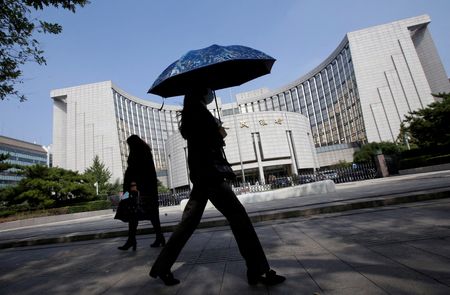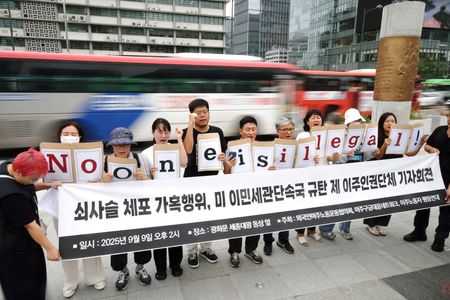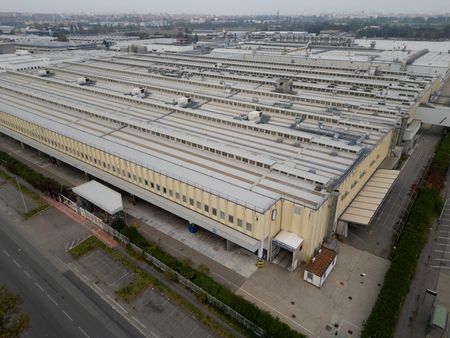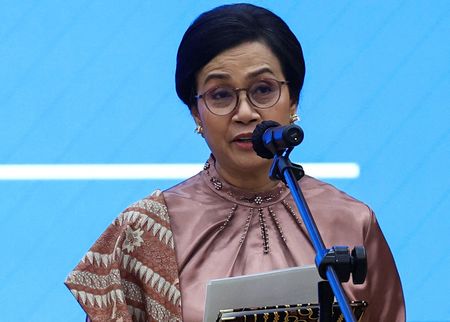SHANGHAI (Reuters) – China’s central bank has injected 800 billion yuan ($110.32 billion) into its banking system during March through an outright reverse repurchase tool, the bank said on Monday.
Investors have closely monitored the People’s Bank of China’s (PBOC) money market operations in recent months, as tight cash supplies in the bond market have led to bond sell-offs and a search for policy easing signals to gauge yield directions.
With 700 billion yuan of outright repos expiring this month, Monday’s operation suggested the PBOC had net injected only 100 billion yuan via the tool, marking the smallest net injection since the tool’s inception in November last year.
The PBOC said the repo operations aimed to “keep banking system liquidity reasonably ample”. The tenors of the repos for the month were 3 and 6 months.
Last week, the PBOC issued 450 billion yuan ($62.03 billion) of one-year medium-term lending facility (MLF) loans, providing some liquidity relief for bond bulls. The 10-year Chinese treasury yield fell from a 3-month high to around 1.8%.
Bond prices rise when yields fall.
“While sentiments on economic growth and the equity market are boosted by increasingly positive policy tailwinds, interest rates in China need to stay lower for longer for the economy to muddle through the deflationary downcycle,” said Ze Yi Ang, senior portfolio manager at Allianz Global Investors.
“We see room for more policy rate cuts in China this year.”
Market participants are also closely monitoring the April 2 deadline for U.S. President Donald Trump’s reciprocal tariffs, as this could impact the yuan sentiment and influence the pace of the PBOC’s monetary easing.
In a separate statement, the PBOC said on Monday that it had not been buying or selling Chinese government bonds in open market operations for the third consecutive month in March.
($1 = 7.2515 Chinese yuan renminbi)
(Reporting by Shanghai Newsroom; Editing by Alison Williams and Louise Heavens)











